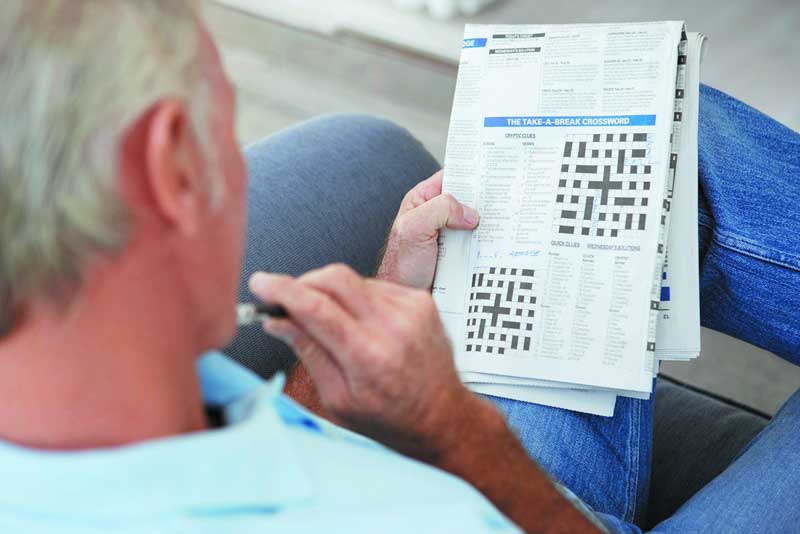
Does Walking 1km Burn The Same Number Of Calories As Running 1km
A kilometre is a kilometere right? Therefore it would make sense that whether you walked or ran, you would expend the same amount of energy to cover the same distance. By common logic, running would mean a slower rate of burning energy, but over an extended period of time, while running would mean burning energy faster, but over a much shorter time. Right?
Wrong, apparently. In fact, according to research published in the journal Medicine and Science in Sports and Exercise, very, very wrong. Running 1km would burn more than 50 per cent more calories than walking the same distance. Mind. Blown.
Basically, the energy needed to initiate a running movement requires more energy than simply walking in the first place, as the 2 activities utilise different energy systems.
“Muscle action that propels you from point A to B requires the utilization of a thing called ATP,” explains Janet Hamilton, an exercise physiologist and running coach with RunningStrong when talking to Runners World. “Your body stores only a limited amount of ATP (enough for only a few seconds of activity), so it needs to replenish that supply, and it does so by metabolizing your stored fuels (glycogen and fat). The process of making useable energy (ATP) from stored fuel (glycogen and fat) is dependent on how much you need and how quickly you need it.”
If an activity is more intense, it will need more ATP, and seeing as walking is less intense than running, it requires less ATP production, and hence less energy to initiate the movement.
Further research from published in The Journal of Strength & Conditioning Research suggests that running also continues to burn more calories post-workout than walking, creating an ‘afterburn’ effect.
“The greater the intensity and volume, the more calories will be burned after the exercise is completed,” explains Iain Hunter, a professor of exercise sciences at Brigham Young University.








